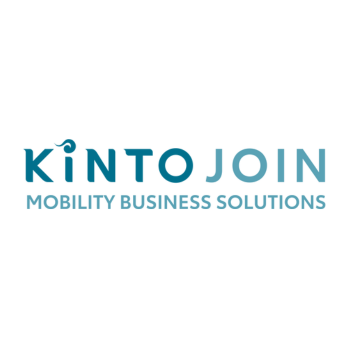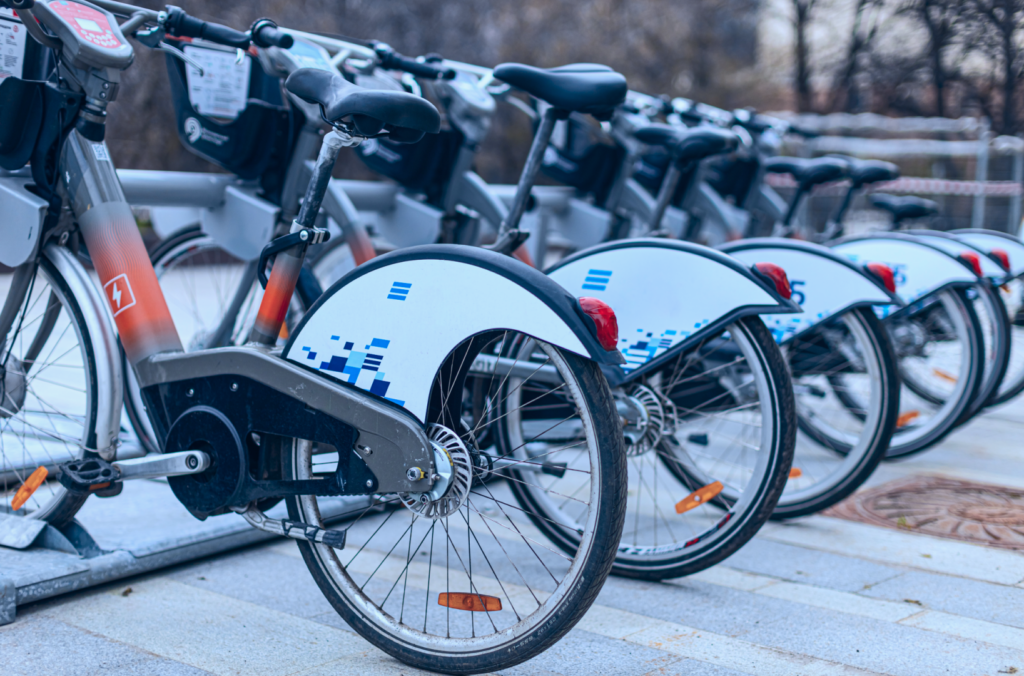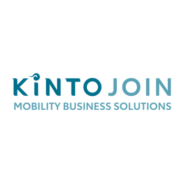A Call for Transformative Action
Unveiling the Hidden Costs of Corporate Commutes
In today’s bustling corporate world, commuting has become an integral part of the daily routine for millions of employees across Europe. While the journey to and from work might seem like a mundane necessity, it carries with it a hidden burden of costs that often go unnoticed. From environmental impacts to employee well-being, the true price of corporate commutes far exceeds the mere expense of fuel or public transport fares. sustainable alternatives.
Solo Driving: A Prevalent but Unsustainable Choice
Among the various modes of transportation, solo driving reigns supreme in Europe, with an estimated 66% of employees opting to drive alone to work. This car-centric culture has spawned a multitude of hidden costs that silently drain both individual wallets and corporate coffers.

According to the European Commission, transportation accounts for about a quarter of total greenhouse gas emissions in the EU, with road transport being the main contributor. This highlights the significant environmental impact of solo driving across Europe.
Environmental Toll: A Burden on Our Planet
Every car journey releases a cocktail of harmful pollutants into the atmosphere, contributing to climate change and its devastating consequences. Companies that prioritize solo driving among their employees inadvertently become major contributors to environmental degradation.
The European Environment Agency (EEA) estimates that air pollution causes an estimated 400,000 premature deaths in the EU each year. The transportation sector is a major contributor to air pollution, accounting for around 25% of total greenhouse gas emissions in the EU.
Parking Predicaments: A Costly Corporate Conundrum
Providing parking facilities for a workforce of solo drivers can be an expensive endeavor for companies in Europe. The cost of acquiring, maintaining, and securing parking spaces can quickly add up, straining corporate budgets and diverting resources from other essential areas.
In the United Kingdom, companies spend an average of £1,500 per employee per year on parking subsidies and facilities. This translates to a staggering £1.3 billion annually spent by UK companies solely on parking.
Productivity Plunge: A Blow to Business Performance
The stress and fatigue associated with long commutes take a toll on employee productivity. Exhausted and distracted workers are less likely to perform at their best, leading to decreased output and increased errors.
A study by the University of Kent found that employees who commute for 60 minutes or more per day are 18% less productive than those who commute for less than 30 minutes. Across Europe, this translates to significant losses in productivity and potential revenue for companies.
Retention Roadblocks: A Talent Drain for Companies
Prolonged commutes can erode employee satisfaction and morale, ultimately leading to higher attrition rates. Companies that fail to address the challenges of commuting risk losing valuable talent to competitors who offer more flexible work arrangements.
A study by the European Confederation of Businesses (UNICE) found that 22% of European employees are willing to take a pay cut to avoid commuting. This highlights the significant impact that commuting can have on employee retention across Europe.
Personal Price Tag: A Burden on Employees
The financial strain of commuting can weigh heavily on employees’ personal finances in Europe. From fuel costs and vehicle maintenance to tolls and parking fees, the daily commute can significantly deplete individual budgets.
In France, the average annual cost of commuting to work is €3,800. This represents a significant portion of household income, particularly for low-income earners across Europe.
The Urgency to Transform: A Call to Action
The hidden costs of corporate commutes are no longer mere abstractions but real and tangible threats to both the environment and the bottom line of European companies. Businesses across the continent must act swiftly to transform their commuting landscape, embracing sustainable and employee-friendly alternatives that promote a healthier and more productive workforce.

Embracing Sustainable Alternatives: A Path to a Brighter Future
The path to a more sustainable and cost-effective commuting future in Europe lies in embracing a multimodal approach that encourages employees to explore options beyond solo driving. This includes promoting public transportation, cycling, walking, and carpooling initiatives.
According to the European Commission, using public transport for commuting can reduce CO2 emissions by up to 70% compared to driving. This highlights the significant environmental benefits of promoting sustainable commuting alternatives in Europe.
Investing in Employee Well-being: A Catalyst for Success
By prioritizing employee well-being, companies can reap the rewards of a healthier, happier, and more productive workforce. Offering flexible work arrangements, subsidizing public transport fares, and providing incentives for eco-friendly commuting.
It’s Reflection Time:
What’s the true cost of YOUR corporate commutes?
Ever wondered about the true cost of your corporate commutes? It’s probably to high to be ignored!
Don’t worry though, we’ve got good news! Embracing sustainable commuting practices is easier than you think, and less costly. For the price of a daily coffee, you can turn turn mundane commutes into engaging and eco-friendly experiences. To get started, check out our recent blog post:
GREEN PATHS – A COMPREHENSIVE GUIDE TO TRANSFORMING CORPORATE COMMUTES INTO SUSTAINABLE ADVENTURES
This article was originally published by KINTO Join Mobility Business Solutions.










